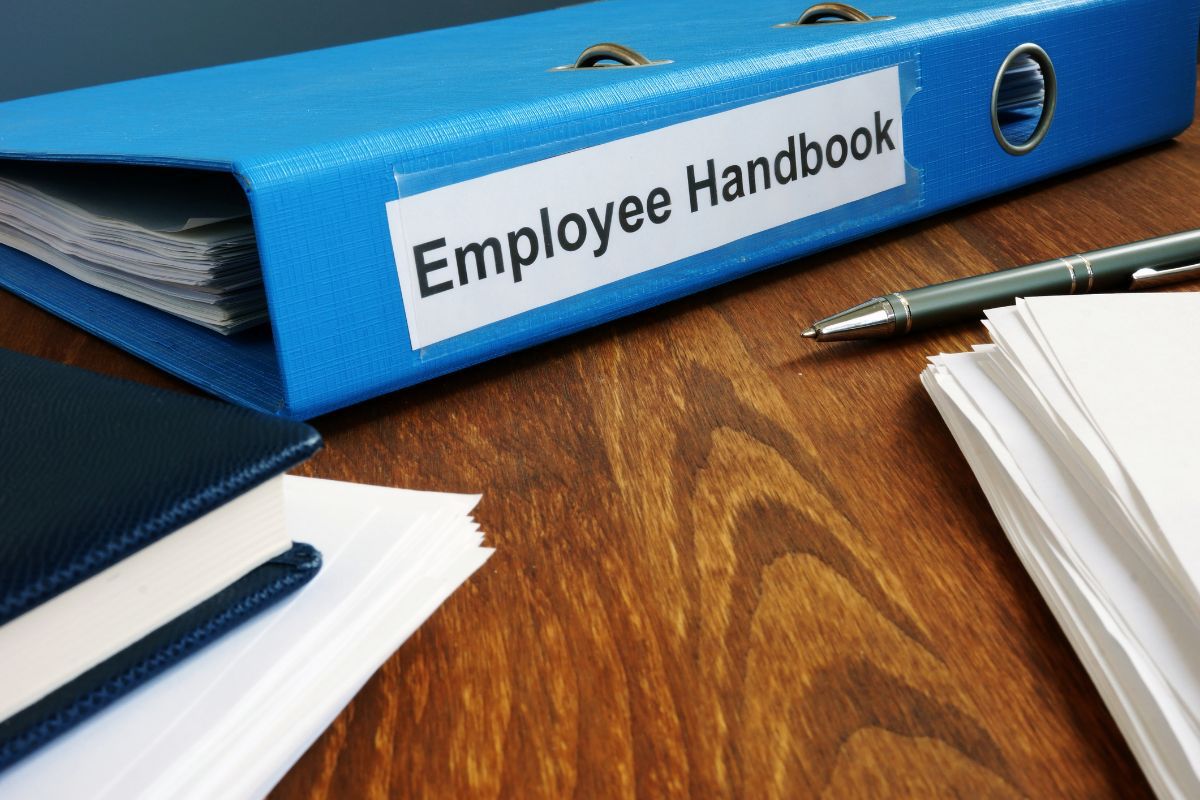If your ministry has employees to help it carry out its mission, an employee handbook is an essential tool for helping your ministry manage its workforce as well as protect the organization in case of employment litigation. The more employees you have, the greater the need for an employee handbook. “Unwritten rules,” even long-standing ones, are always subject to question if you wind up in court.
In today’s environment of ever-changing employment laws, the employee handbook has a significant role to play in educating employees about the ministry’s policies and procedures and providing proof that your ministry understands and is following the rules and regulations set forth by federal and state employment laws.
Your employee handbook should include the following:
Introduction — begin your handbook by talking about your ministry’s history and mission, which helps to set expectations about the work environment. Explain that the handbook is not an employment contract and that employment with the ministry is at-will, meaning that an employee may be terminated for any reason not prohibited by law. In addition, note that the ministry has the right to modify provisions or benefits within the handbook at any time. It is always helpful to include your ministry’s statement of faith and stress the importance of employees’ adherence to that statement of faith.
Benefits — your handbook must include a comprehensive list of employee benefits, including health insurance, leave policies, sick pay, vacation time, etc. Make sure you know what benefits are legally required and consult an attorney if you have questions or are unsure.
EEOC Policies — employers are required to include Equal Employment Opportunity Commission (EEOC) policies regarding mandated protections for employees, including information on discrimination, harassment in the workplace, and whistleblower protections. Note that religious organizations are typically allowed to discriminate on the basis of religion. In addition, your ministry should be careful not to inadvertently waive constitutional and statutory protections by including policies and protections that are inapplicable to religious organizations. Nondiscrimination statements should be carefully worded and reviewed by an attorney.
Electronic Communications — your policies on electronic communications should be written to include best practices for cybersecurity, including restrictions on the use of communications devices from remote locations and in the office. It should clearly spell out your organization’s policies on email and the Internet for personal use and explain that the ministry has the right to monitor any communication sent or received on the ministry’s electronic equipment. Detail any behavior that constitutes abuse and that may lead to disciplinary actions.
Social Media — if your handbook does not include a section on the proper use of social media in the workplace, you should add it to delineate what is considered protected work activity.
Hours and Pay — Having a written record of communicating the ministry’s policies on work hours and pay are particularly important in ensuring compliance with several state and federal laws, namely the Fair Labor Standards Act (FLSA). Detail exactly what constitutes a full-time employee as well as the rules pertaining to part-time and volunteer workers.
Personal Conduct — Explain the ministry’s expectations of employees when it comes to personal conduct, including any prohibitions against specific behaviors (alcohol, drugs, smoking, etc.).
Workplace Safety — employers are responsible for providing a safe work environment for employees, which is especially important now due to COVID-19. Detail the procedures the ministry has in place regarding visitors to its facilities, which is especially important if your ministry runs a daycare center or school.
Employers can mitigate litigation risk by simply ensuring that certain employment issues are clearly addressed in a written handbook. Of course, these documents should also be signed and dated by employees upon receipt to receive the greatest benefit.
When a church, ministry, or other nonprofit organization in Arizona needs advice about how to draft an employee handbook, Provident Law’s church and nonprofit attorneys are here to help. We recognize how essential these organizations are to society, and we provide broad transactional and general counsel services to keep them running smoothly. Contact us to learn more.


